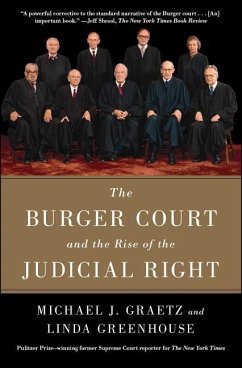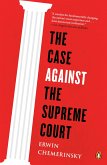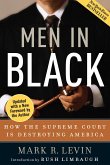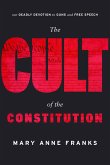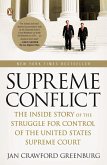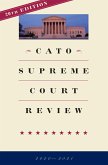The magnitude of the Burger Court has been underestimated by historians. When Richard Nixon ran for president in 1968, "Impeach Earl Warren" billboards dotted the landscape, especially in the South. Nixon promised to transform the Supreme Court--and with four appointments, including a new chief justice, he did. This book tells the story of the Supreme Court that came in between the liberal Warren Court and the conservative Rehnquist and Roberts Courts: the seventeen years, 1969 to 1986, under Chief Justice Warren Burger. It is a period largely written off as a transitional era at the Supreme Court when, according to the common verdict, "nothing happened." How wrong that judgment is. The Burger Court had vitally important choices to make: whether to push school desegregation across district lines; how to respond to the sexual revolution and its new demands for women's equality; whether to validate affirmative action on campuses and in the workplace; whether to shift the balance of criminal law back toward the police and prosecutors; what the First Amendment says about limits on money in politics. The Burger Court forced a president out of office while at the same time enhancing presidential power. It created a legacy that in many ways continues to shape how we live today. Written with a keen sense of history and expert use of the justices' personal papers, this book sheds new light on an important era in American political and legal history.--Adapted from dust jacket.

